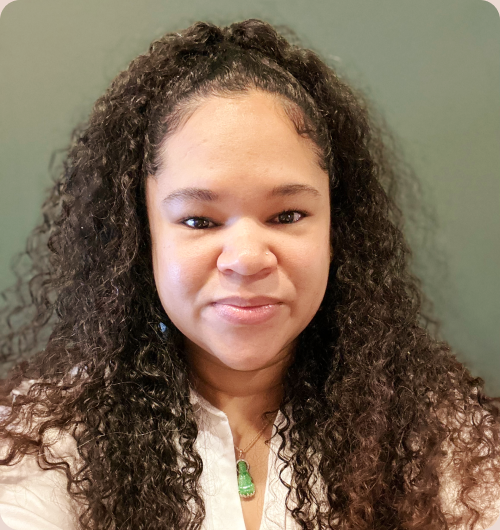


Bay IVF — Who We Are
Could Bay IVF Be the Best IVF Clinic for You?

The history of the Bay IVF team started at Stanford University in 1985, where Dr. Polansky co-founded one of the first IVF clinics in the nation.
In 1987, our team established the first non-hospital-based IVF center in California. Eventually, this clinic evolved into Bay IVF.

Meet Your Bay IVF Team
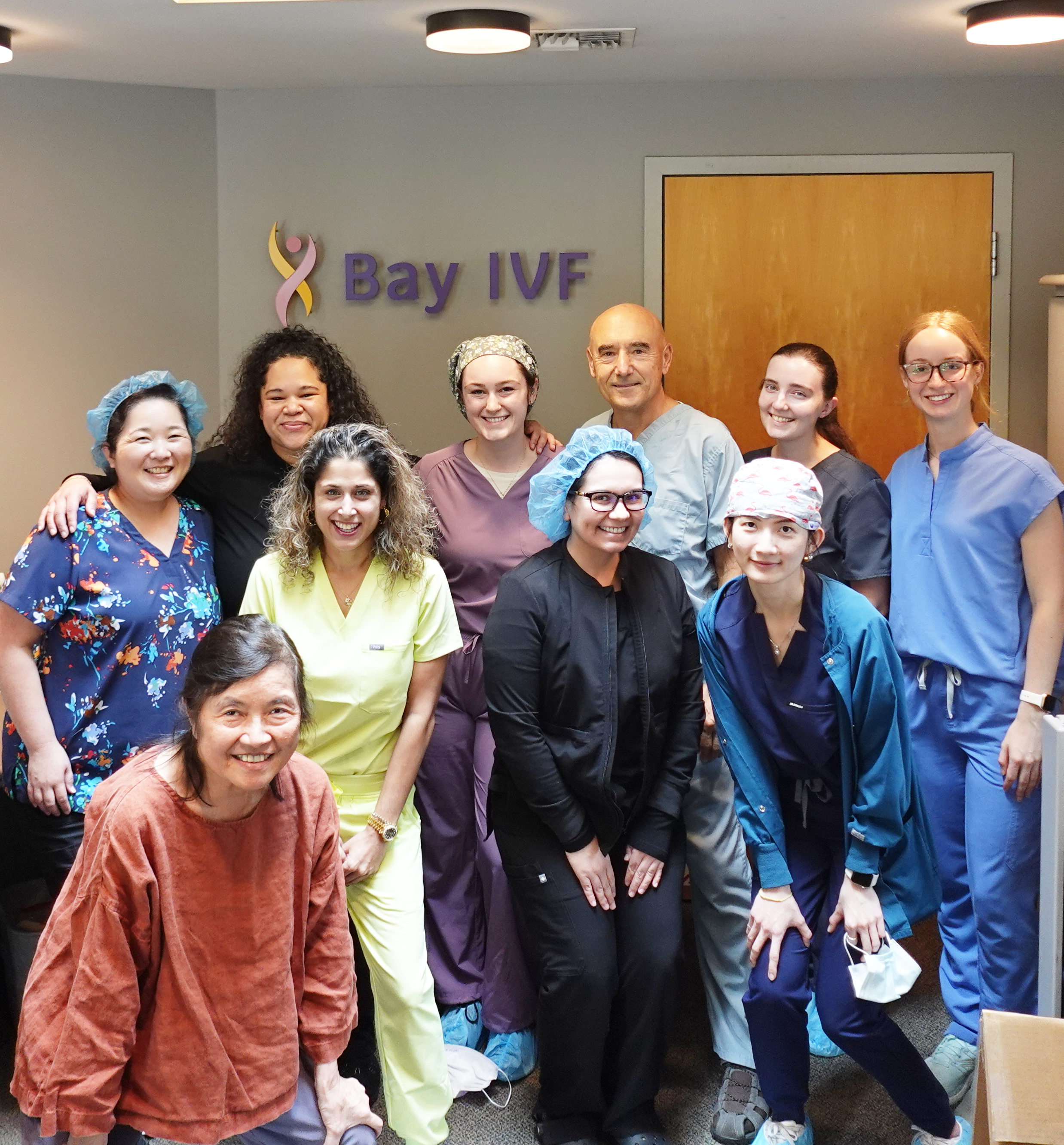
We provide a highly supportive, stress-reducing, and caring environment in a non-hospital setting. If you have been hesitant about consulting an infertility specialist, our Clinic is the perfect choice for you!
Our goal is to help you achieve the highest possible probability of pregnancy.
You will receive care from a team of dedicated and compassionate professionals, including nurses, embryologists, and office managers. Dr. Polansky will personally perform your ovarian and endometrial stimulation, ultrasound examinations, egg retrieval, and embryo transfer.
Our IVF laboratory is headed by Eve Shen, one of the country’s most senior embryologists. Ms. Shen was influential in developing one of the first IVF centers in the U.S. at the University of Texas in Houston. Subsequently, in 1985, she was invited by Stanford University to establish its IVF program.
Our Clinic is known for its excellent and discreet patient communication. You will always be kept informed about your testing and treatment progress.
We look forward to welcoming you to our Clinic!

Meet Your Doctor

- Dr. Polansky received his medical diploma from Charles University in Prague, the Czech Republic, in 1978.
- After completing his OB/GYN residency at Jewish Hospital in Saint Louis, MO, he graduated from the Reproductive Endocrinology and Infertility (REI) fellowship at Stanford University in 1985.
- In the same year, he co-founded the Stanford IVF Clinic.
- Dr. Polansky obtained board certification in Obstetrics and Gynecology in 1986 and became REI subspecialty board certified in 1988.
- In 1987, he left Stanford University and established Nova IVF.
- In 2011, he founded Bay IVF, where he provides advanced fertility treatments with a holistic approach, utilizing state-of-the-art techniques.
- Dr. Polansky personally performs ultrasound examinations, egg retrievals, embryo transfers, and ovarian and endometrial stimulations for his patients.
- He is deeply committed to his patients and is always ready to lend a helping hand.

Bay IVF holds the following licenses and certifications

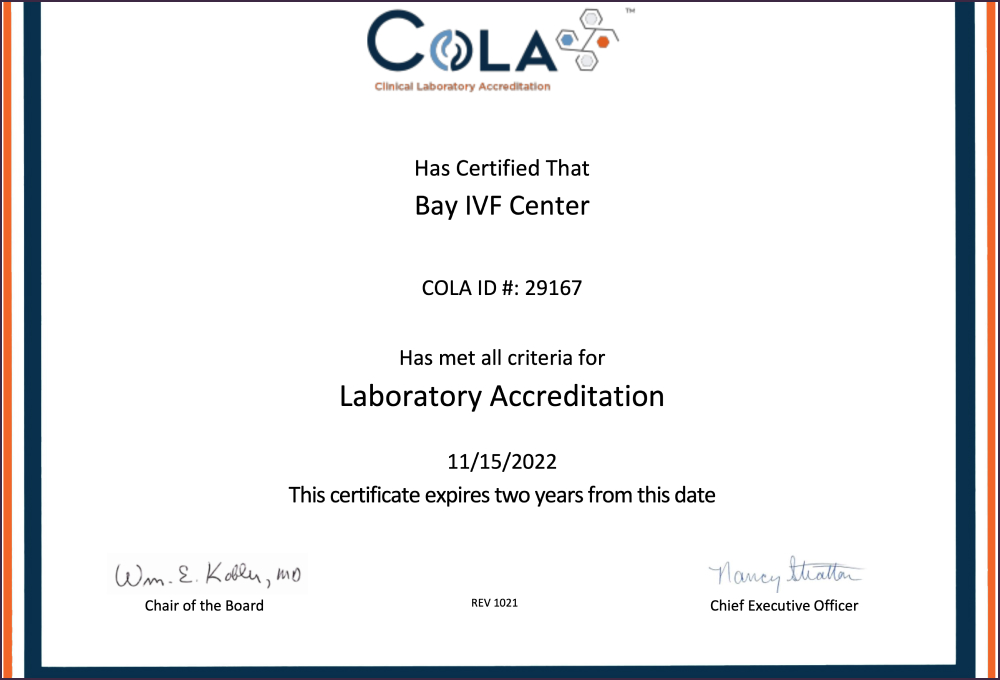
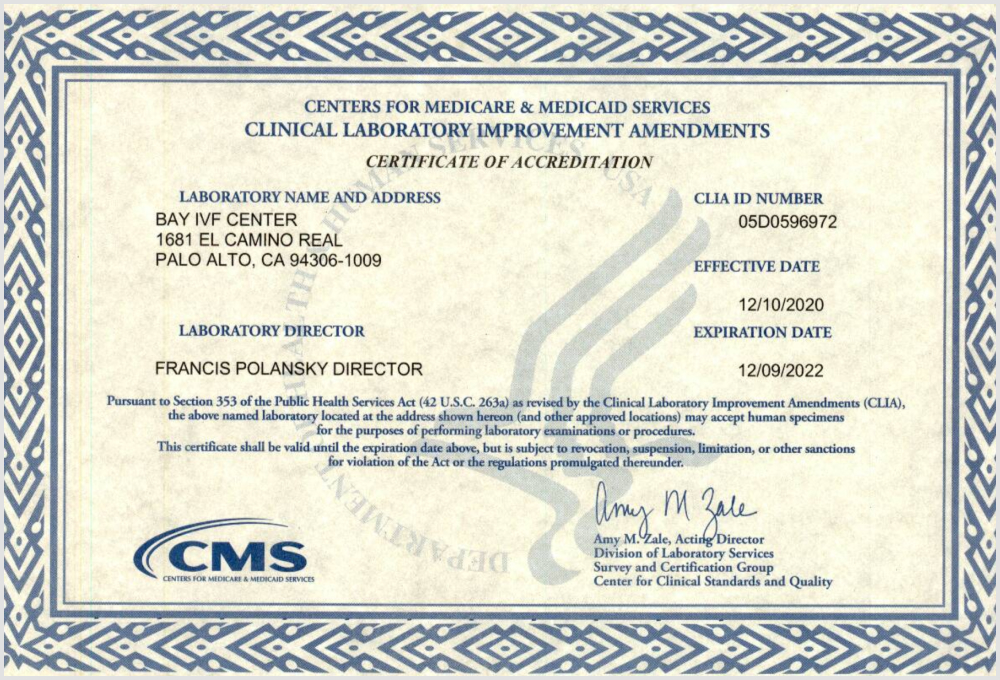
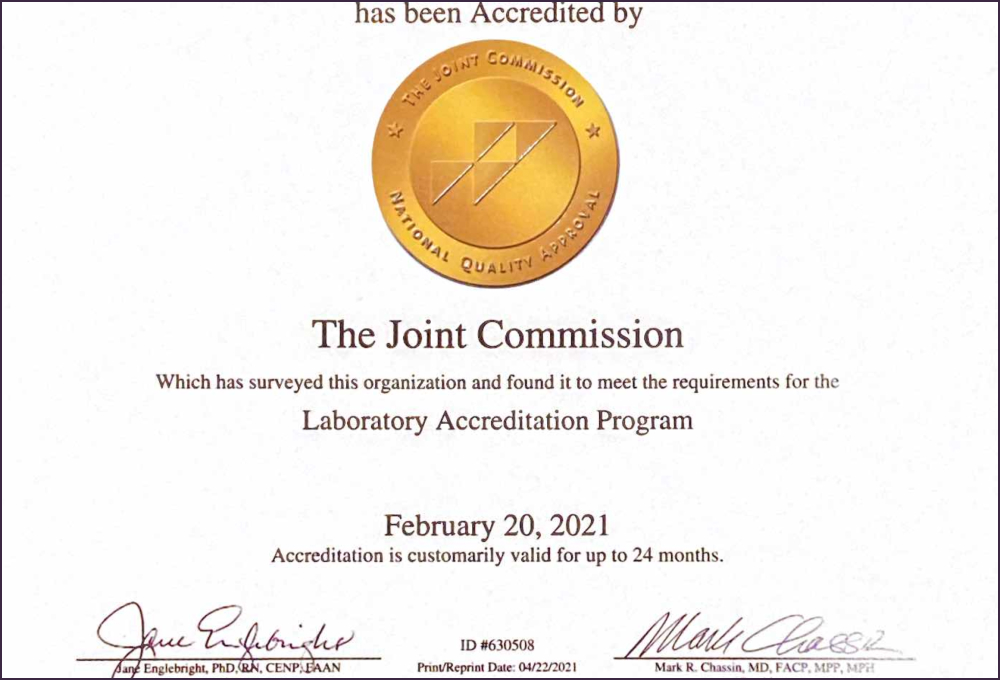



I feel privileged to be able to assist you in your journey to have a child. You will find me dedicated to you and your treatment. My team and I will spare no effort to make your treatment a success.
Frank Polansky, MDTreatments at Bay IVF
In Vitro Fertilization

In Vitro Fertilization
In Vitro Fertilization (IVF) is the most powerful treatment available to help infertile patients achieve pregnancy from their own eggs and sperm. IVF can also be an excellent test of egg and sperm quality.
We use gentle and individualized ovarian stimulation protocols prioritizing egg quality over quantity. This approach minimizes clinic visits and reduces the risk of ovarian hyperstimulation without compromising the chances of a successful outcome.
Most patients will be able to continue their everyday lifestyles during treatment. Our goal is to make your conception experience pleasant, relaxed, and as natural as possible.
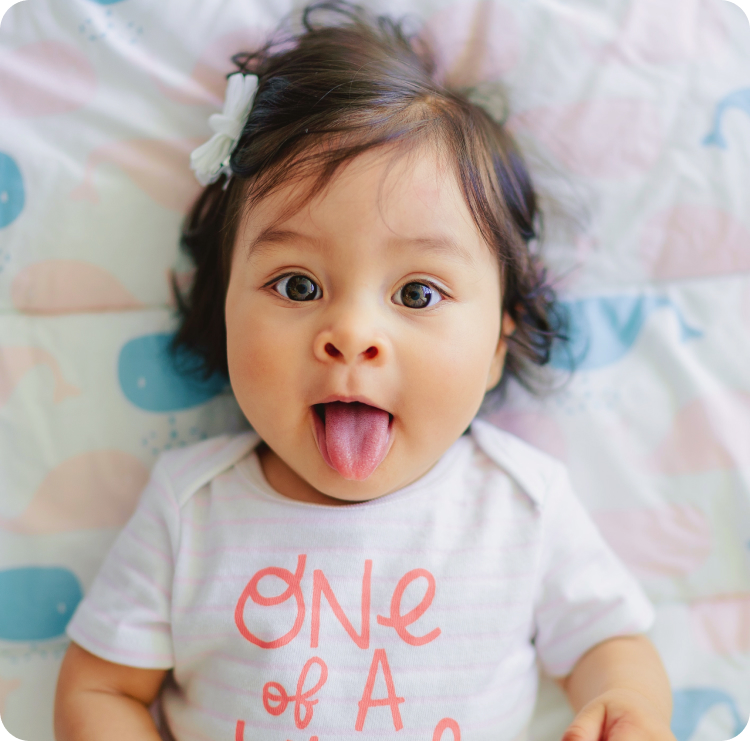
Gender Selection

Gender Selection
We were one of the first fertility clinics in the San Francisco Bay Area to offer Gender Selection IVF.
IVF for Gender Selection uses a Pre-implantation Genetic Testing (PGT) procedure to determine the gender of each embryo.
Through this method, prospective parents will know the gender of each embryo with 100% accuracy before transferring them into the uterus.
The Gender Selection IVF procedure requires the creation of embryos and is, therefore, an extension of In Vitro Fertilization.

Reciprocal IVF
Reciprocal IVF
In reciprocal lesbian IVF, one partner assumes the role of the Genetic Mother by providing the eggs retrieved during the IVF cycle, while the other partner serves as the Birth Mother who carries the pregnancy.
The eggs obtained from the Genetic Mother are fertilized with donor sperm within a laboratory setting. Subsequently, the resulting embryos are transferred to the uterus of the partner who will carry the pregnancy.
This method enables both partners to actively participate in the creation and gestation of their child, fostering a deep sense of involvement and connection.

Egg Freezing
Egg Freezing
Egg freezing success rates are highly influenced by a woman’s age when the eggs are frozen. Ideally, eggs should be frozen before age 35 for the best chance of success. However, thanks to advancements in the procedure, egg freezing can still be a viable option for women past 35.
The process involves stimulating the ovaries to produce multiple eggs. These eggs are then retrieved, frozen using a special vitrification technique, and stored in liquid nitrogen.
It’s important to note that the chance of a successful pregnancy using frozen eggs hinges on the quality of the eggs at the time of freezing, not the woman’s age when they are thawed. Once thawed, the eggs can be fertilized with sperm, and the resulting embryos can be transferred to the uterus for implantation and, hopefully, pregnancy.

Pre-Implantation Genetic Testing (PGT)
Pre-Implantation Genetic Testing (PGT)
PGT can be added to IVF, Donor Egg IVF, and Embryo Banking treatments. It aims to increase the probability of a successful outcome by minimizing the likelihood of transferring genetically abnormal embryos.
Embryo genetic testing has been recommended for patients of advanced maternal age (35 or older), those with a history of repeated early pregnancy loss (three or more), and individuals who have experienced multiple failed IVF cycles despite the transfer of high-quality embryos.
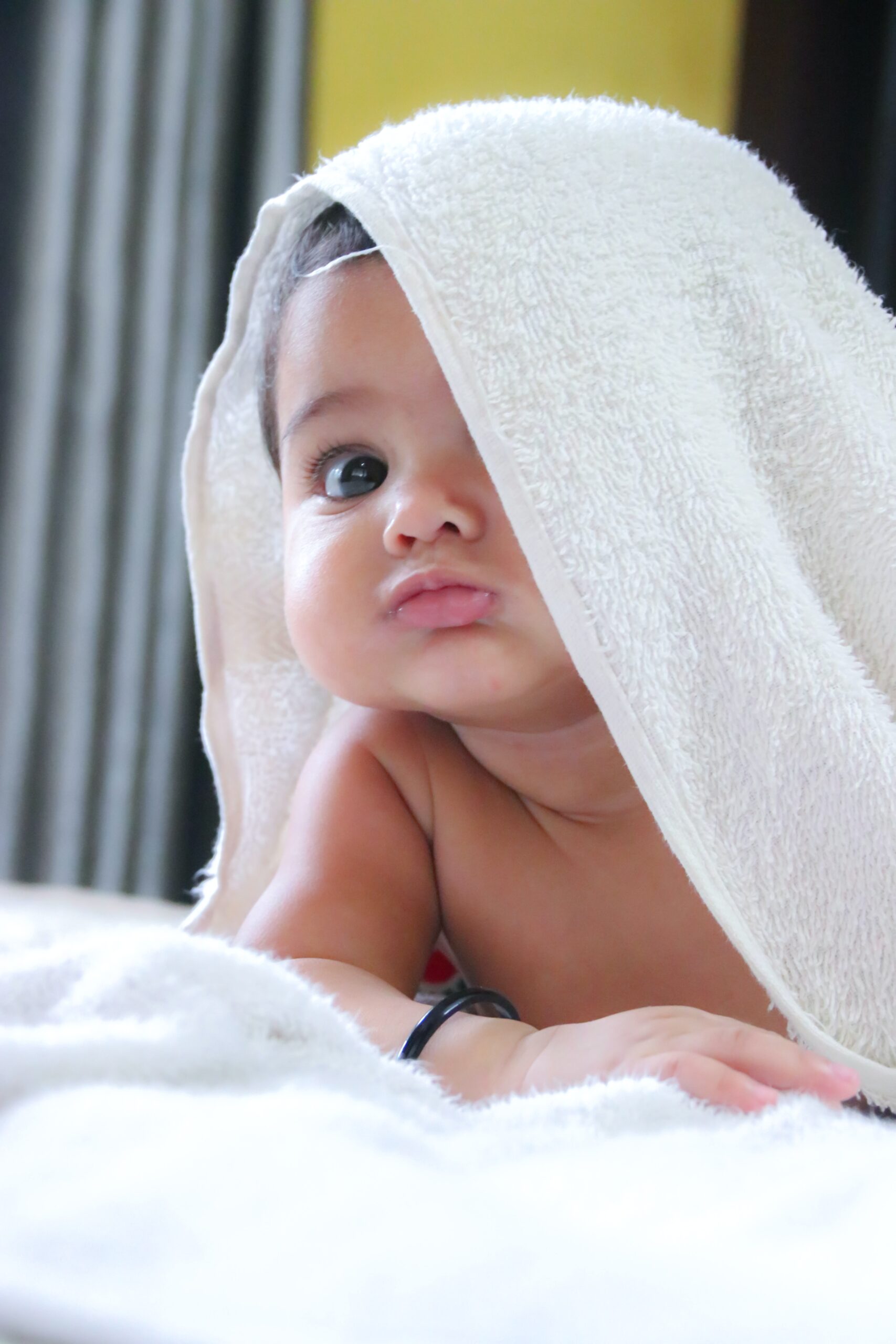
Male Infertility
Male Infertility
Approximately 10% to 15% of men are born with some degree of male infertility, and about one-third of the time, a couple’s infertility can be solely attributed to male infertility.
In recent years, the chances of infertile men conceiving their genetic child have significantly improved. In situations where patients previously had to rely on donor sperm, we can now almost always utilize the partner’s sperm to fertilize the eggs with the intracytoplasmic sperm injection (ICSI) procedure.
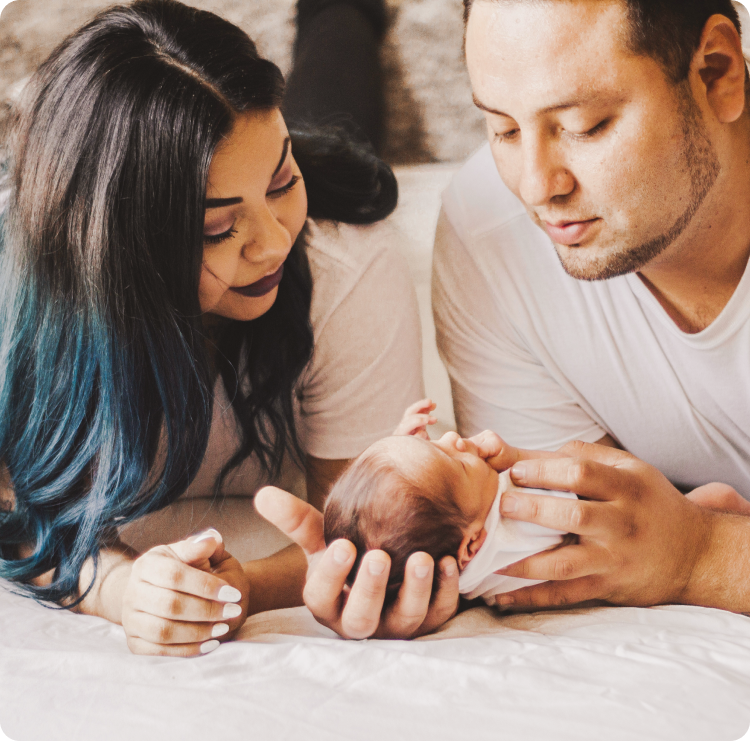
Embryo Banking
Embryo Banking
Some couples may delay starting their family to the extent that when they finally decide to have children, it can be challenging, if not impossible, to conceive naturally.
Embryo Banking can be a valuable option for postponing parenthood while pursuing educational and professional goals.
Embryo Banking involves stimulating the development of several eggs, the retrieval of eggs from the ovaries, fertilization with the partner’s semen, cryopreservation of the resulting embryos, and their storage at our Clinic for future use.
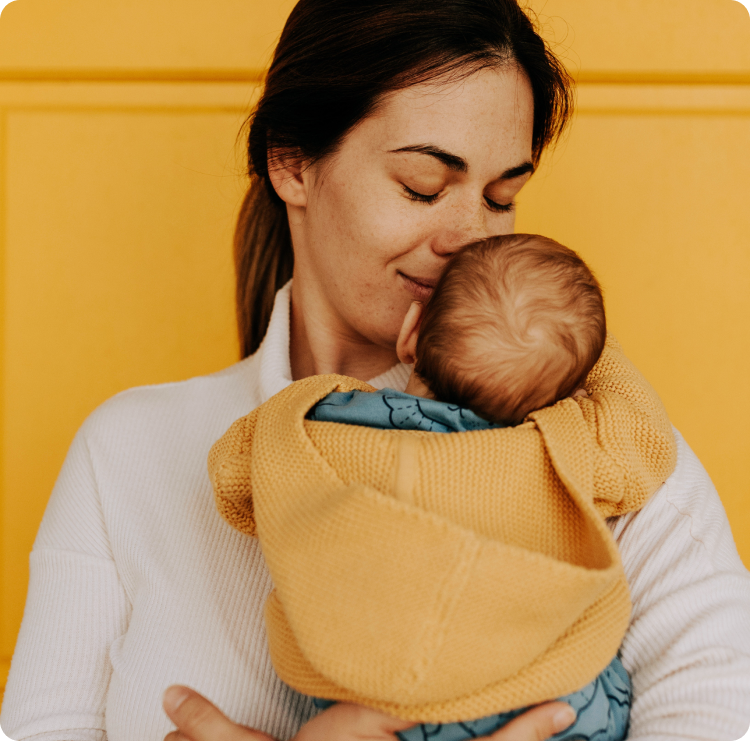
Egg Donation
Egg Donation
Egg Donation can be a highly successful treatment used by patients who no longer have high-quality eggs.
Children conceived with the help of donor eggs are genetically linked to the male partner and the egg donor, while the female partner is the one who becomes pregnant, nourishes the baby throughout the pregnancy, and experiences childbirth.
You have the option to choose an egg donor from an egg donor agency or purchase frozen donor eggs from an egg bank.
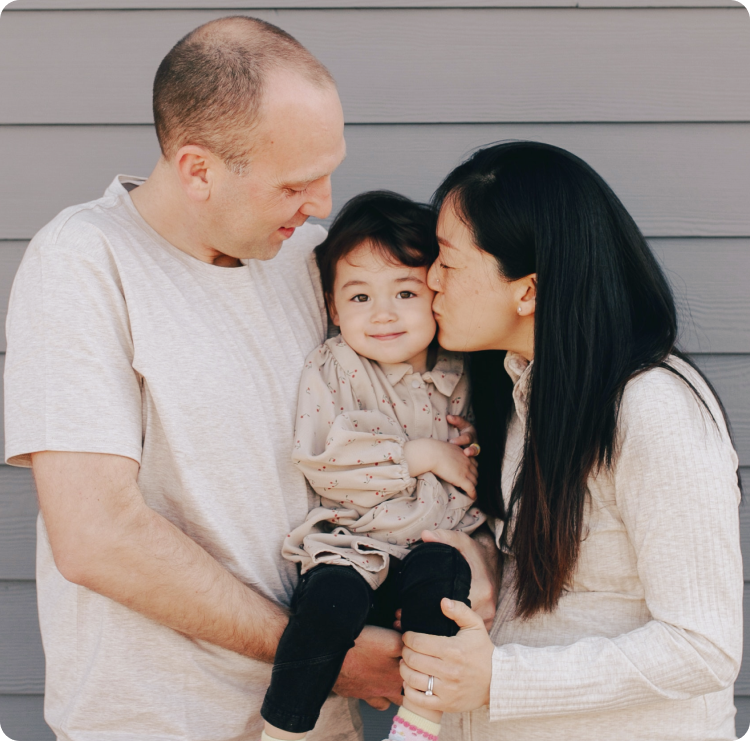
Gestational Surrogacy
Gestational Surrogacy
There are numerous reasons why individuals and couples turn to gestational surrogacy. The most common are:
– Same-sex male couples
– Men who are single parents
– Women with previous hysterectomy
– Medical conditions making being pregnant too risky
The intended parents’ or donor eggs are fertilized with sperm through In Vitro Fertilization. The resulting embryo(s) are then transferred to the surrogate, typically only one at a time.
The Gestational surrogate carries the pregnancy and delivers the child.
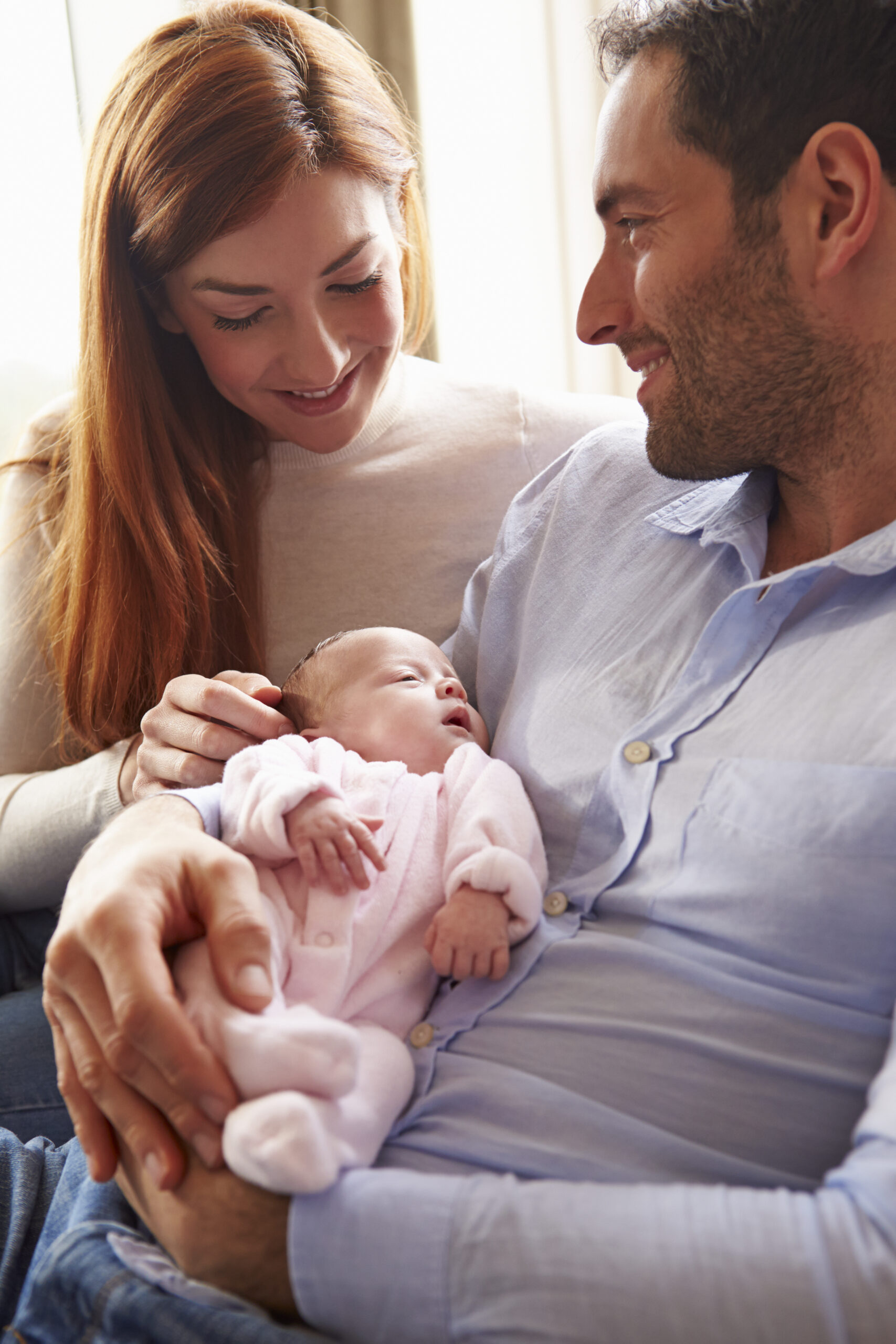
Frozen Embryo Transfer
Frozen Embryo Transfer
Fertility treatments may involve embryo freezing and the storage of embryos in liquid nitrogen. Subsequently, the stored embryos can be thawed and transferred into the uterus.
The embryo cryopreservation, storage, and the Frozen Embryo Transfer procedure are done on-site at Bay IVF.
Frozen Embryo Transfer is very safe. Hundreds of thousands of babies have been born worldwide from cryopreserved embryos.
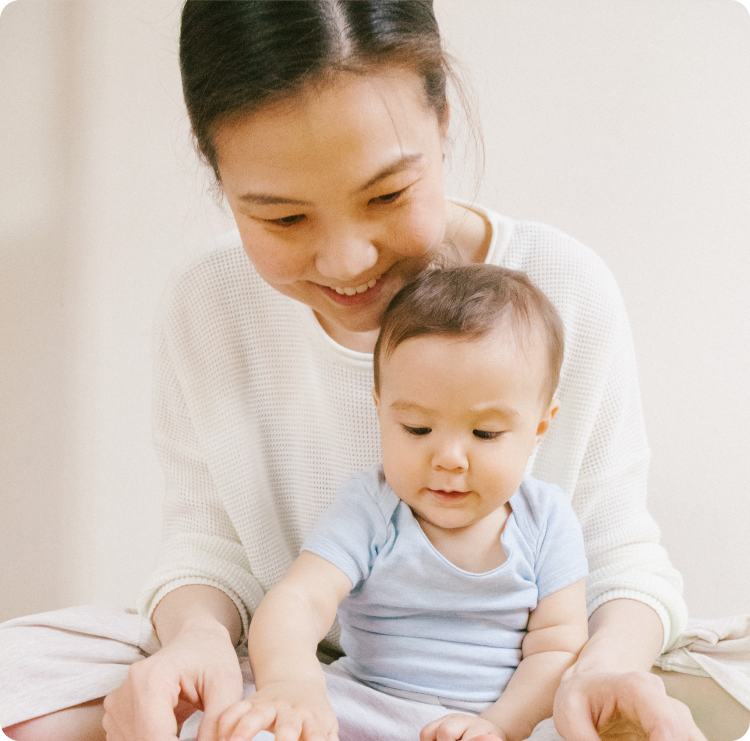
Sperm Aspiration IVF
Sperm Aspiration IVF
Some men either do not produce sperm at all or produce them in insufficient numbers and low quality.
Many of these men can have their sperm directly aspirated from their testicles or the epididymis (tightly coiled tubules attached to the top of the testes that store sperm before ejaculation).
The two most common indications for sperm aspiration are a previous vasectomy and the congenital absence of the epididymis.
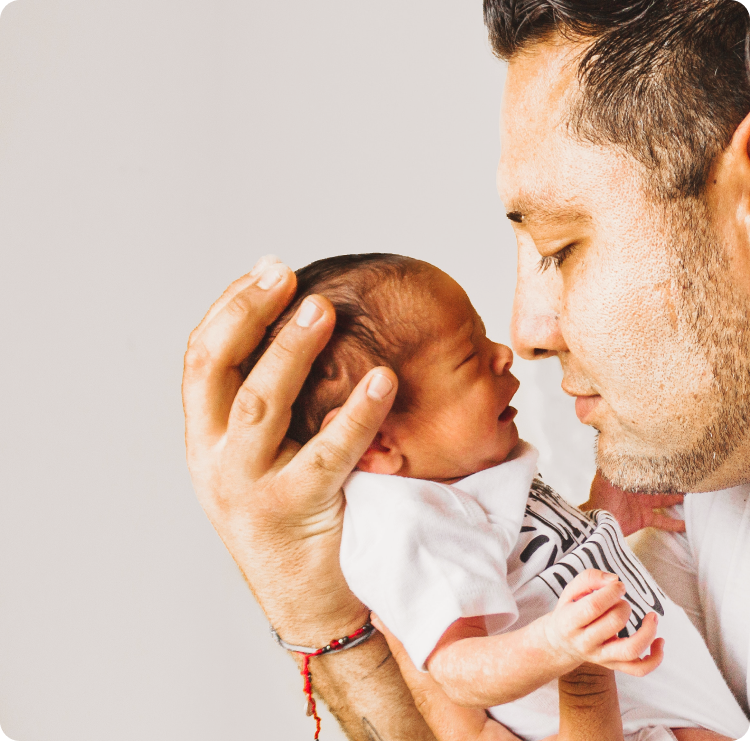
Fertility Tests
Fertility Tests
Your reproductive history and the results of your testing will determine the most likely and cost-effective treatment for achieving pregnancy.
We plan your fertility testing based on three categories of infertility factors: (1) Male factor infertility, (2) Ovulation and egg quality disorders, and (3) Uterine and Fallopian tubes factors.
Whenever possible, we utilize fertility test results performed before you become a patient at Bay IVF to minimize your costs.
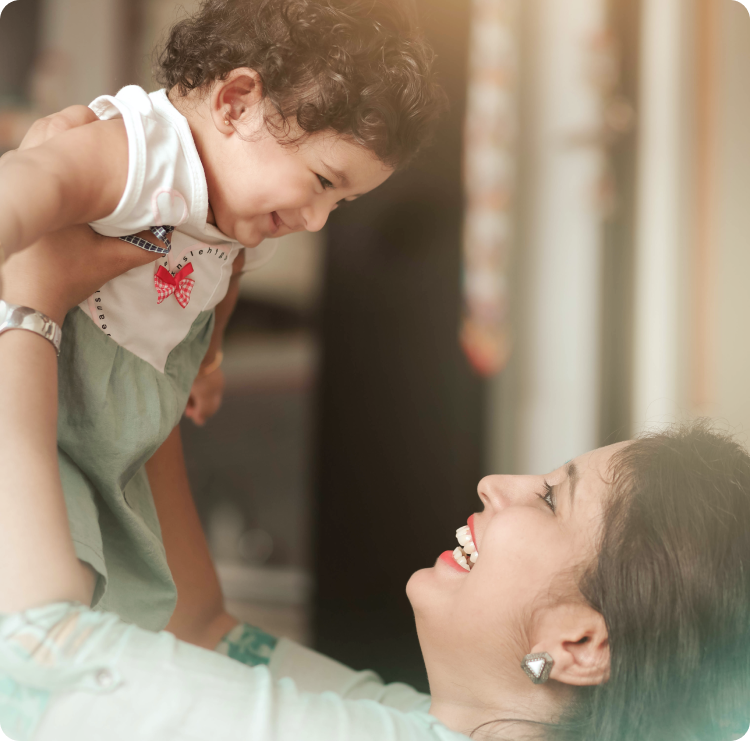


FAQ — Find Answers to Your Queries
Here are some of the most commonly asked fertility-related questions. A more comprehensive FAQ selection is available on the FAQ page.
Should we transfer one or two embryos?
About half of our patients transfer two embryos at a time, while the other half choose to transfer only one embryo in each transfer. We will always provide guidance, but you will have the final say in whether to transfer one or two embryos.
What is gender selection treatment?
Gender selection is an extension of IVF treatment that utilizes the Pre-implantation Genetic Testing (PGT) procedure to identify the gender of each embryo. With this method, prospective parents can know the gender of each embryo with 100% accuracy prior to transfer into the uterus.
I am from the LGBTQ+ community. Can I have my treatment at Bay IVF?
Yes! We take pride in being one of the first fertility clinics in Northern California to offer In Vitro Fertilization services for lesbian partners. Our clinic is LGBTQ+ friendly and experienced in both lesbian IVF and Reciprocal IVF.
Is the egg retrieval procedure painful?
Your egg retrieval should be a very comfortable experience, as we use effective pain and relaxation medications. Most patients will sleep through the 5-10 minute egg retrieval procedure, though some may experience mild menstrual-like cramping.
What is the IVF cut-off age?
The probability of a successful IVF treatment becomes exceedingly low by age 44. You must be 43 and 11 months or younger at the time your IVF treatment begins. Patients who are 44 and older should strongly consider Donor Egg IVF as the most effective treatment option to achieve a successful pregnancy.
I am over 44, but my ovarian reserve is very good. Can I do IVF treatment?
We have occasionally provided IVF treatment to women over the age of 44 when their antral follicle count and AMH results suggest that their eggs are biologically younger than their chronological age.
What are the BMI requirements?
Your BMI must be no greater than 31 for an adequate ovarian response and safety during the egg retrieval procedure. If your BMI is higher, please follow the IVF Diet and Lifestyle (PDF) recommendations as closely as possible. Doing so can help you achieve weight loss at an optimal rate, which could significantly improve your chances of a successful pregnancy.
Do you offer payment plans?
Bay IVF has partnered with Future Family to offer accessible, personal, and affordable fertility care financing. Their mission is to make fertility care more accessible and affordable. Future Family loans are an alternative to high-interest credit cards and dipping into your savings. They offer 0% APR financing for those who are eligible, as well as low monthly payment plans. Prequalifying is risk-free, easy, and will not affect your credit score.



Learn More About the Cost of Treatments We Provide
We are proud of our commitment to pricing transparency

We look forward to meeting you at Bay IVF and, when your treatment is successful, celebrating your new pregnancy!
 +
+Years of Experience
 +
+Babies Born
 %
%Compassionate Care


Hear from Our Patients’ Journey to Parenthood at Bay IVF!

I would highly recommend Bay IVF for those wanting to build their family and needing IVF support! Dr. Polansky and the whole Bay IVF team were so supportive and welcoming while also honest and realistic. Our girl is our dream come true!
Jennifer C.-F.This clinic has been amazing to work with. All the nurses and staff made sure I was always comfortable and were there to answer questions any time I needed. We are incredibly grateful to Dr. Polansky and the team for everything they did for us.
Harpreet K.Words could never express the gratitude my husband and I will always have for Bay IVF! We did our research and decided to check out Bay IVF. We scheduled a consultation and felt an instant connection… love at first sight!
Chelsea L.Patients’ Thank You Cards

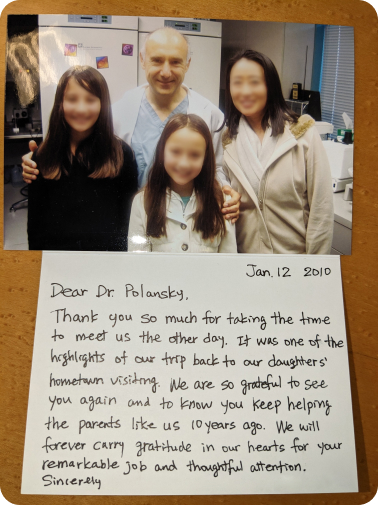

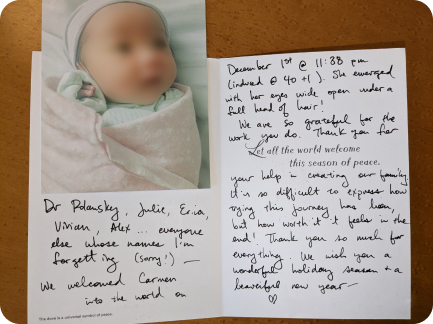



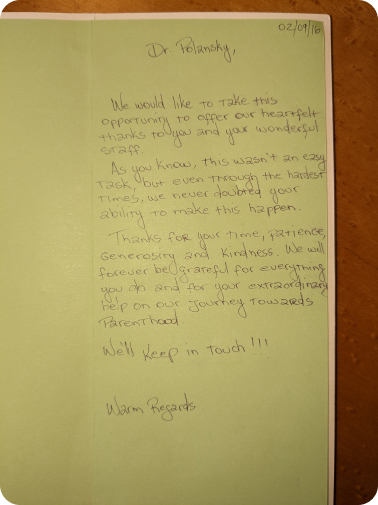

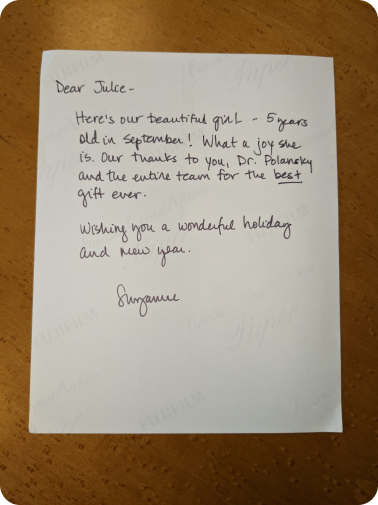

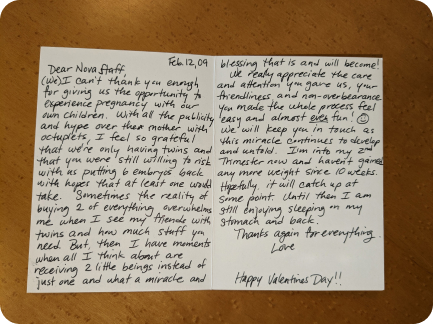



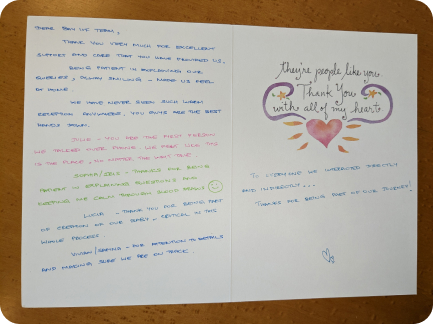





Initial Appointment Questions
When you call to schedule your consultation, one of our Front Office Coordinators will ask you a short series of questions regarding your reproductive history.
Your Initial Visit at Bay IVF
Attending a new patient appointment at a fertility clinic can be stressful. Our primary objective is to ensure that your initial visit is friendly and relaxing. We encourage you to ask questions at every step of the process.

1 — When You Arrive
You will be welcomed by one of the clinic’s receptionists. One of our nurses will measure your height and weight and take your blood pressure

2 — Meet Your Doctor
Dr. Polansky will ask you a series of clarifying questions and then provide you with a summary of the factors contributing to your infertility

4 — Exam Room
One of the nurses will escort you to an examination room. Your examination will begin with listening to your lungs and heart

3 — Ask Your Questions
You will then have a discussion with him about the most suitable reproductive treatment(s) for you. During this time, you will have the opportunity to ask any questions you may have

5 — Ultrasound of the Ovaries
The next step is a pelvic ultrasound to examine the uterus and ovaries. This ultrasound will help determine the number of antral follicles present within the ovaries

6 — Financial Part
Following that, you will have a discussion with one of the financial advisors regarding the financial aspects of your treatment, including potential treatment financing options

8 — Support 24/7
If you have any questions after leaving the clinic, please feel free to reach out to us via phone call, text, or email. Open and discreet communication is an integral part of the care we provide at Bay IVF

7 — What About Time?
Your entire visit is expected to last approximately one hour


Schedule Your Initial Consultation With Dr. Polansky
Online (No Cost) or In-Person
Call or Text Us: 650-322-0500
You can also complete the form below to request your initial consultation


We look forward to welcoming you to our Clinic!






